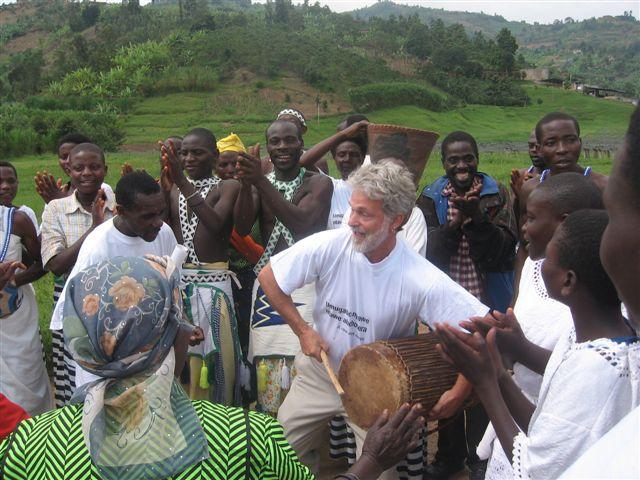Most Ethical Business Owner I Know Wins the Alternative Nobel
I can think of no better way to celebrate July 4th this year than to acknowledge the huge honor my hero and friend Dean Cycon, CEO of Dean’s Beans in Orange, MA recently received.

Dean Cycon is the most ethical business owner I know, and the only person to be a guest twice on the business ethics radio show I hosted and produced for four years, from 2005 to 2009. Dean has done 100% organic and fair trade coffee and cocoa since the day he opened his company, which he located in a depressed area where jobs are scarce. Dean not just funds but also actively partners with people in the villages that supply his coffee to do “people-centered development” projects, led by the folks who live and work in those villages. He also partners with local charities in western Massachusetts to create private label coffee they can sell as fundraisers. Oh yes, and he’s also the author of one of my favorite travel books: Ippy Award gold winner Javatrekker: Dispatches from the World of Fair Trade Coffee (Chelsea Green, 2007). And he’s a fun guy who hasn’t let success interfere with his playful spirit.
And now, OMG, Dean Cycon has been awarded one of the most prestigious honors in the world: the Oslo Business for Peace Award, also known as the alternative Nobel Prize for business. The award judges are actual Nobel Laureates, including microlending pioneer Prof. Muhammad Yunus, winner of the Nobel prize in Economics in 2006, and Prof. A. Michael Spence, winner of the Nobel prize in economics in 2001. Dean is one of five honorees, and the only American. All I can say is, he richly deserves it.
